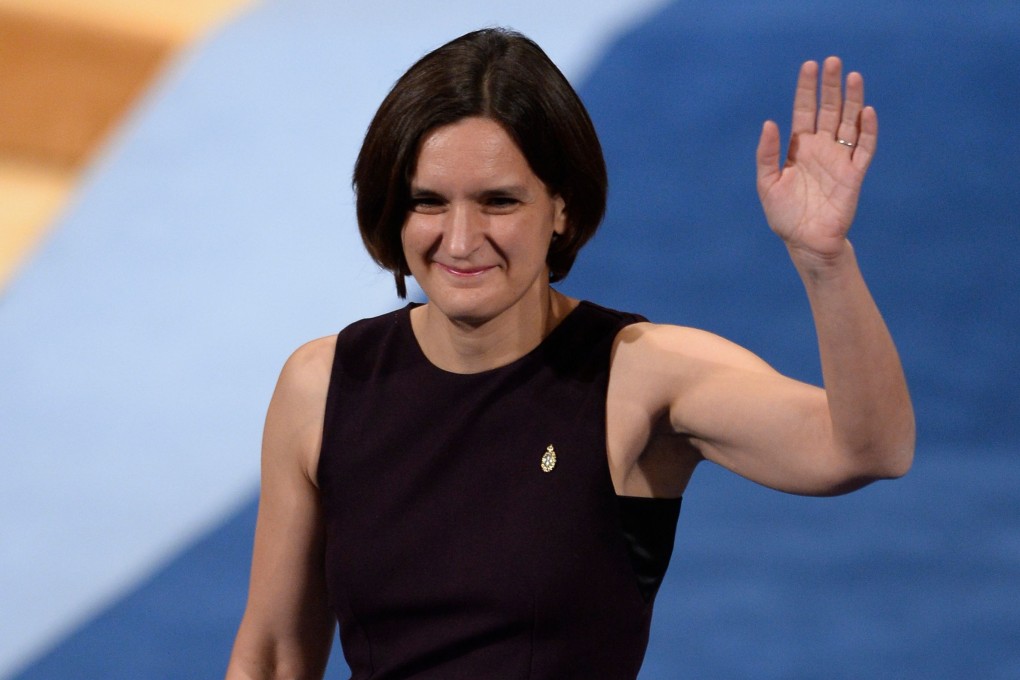Editorial | Nobel winners offer food for thought
- Economists recognised for their experimental approach to alleviating global poverty have shown the focus should be on more than filling stomachs

The Nobel economics prize may not generate as much interest as the ones for peace and literature, not just because the former was not an original award of the late Swedish philanthropist Alfred Nobel. The fact that it usually involves abstract economic theories means the achievement is not always readily appreciated by the wider public. But this year is perhaps an exception. The three economists, who are awarded for their experimental approach to alleviating global poverty, have given the world more food for thought.
Indian-born Abhijit Banerjee of the United States, his French-American wife Esther Duflo and Michael Kremer, also of the US, were honoured for combating poverty by breaking down difficult issues into smaller, more manageable questions, which can then be answered through field experiments. Their work may not seem particularly mind boggling compared to previous winners, such as the game theory of Thomas Schelling and Robert Aumann. But, through random trials of different methods in some poor countries, they have identified better ways to improve people’s livelihoods. More than 5 million Indian children were said to have benefited from remedial teaching programmes based on their research.
It is encouraging that efforts to fight global poverty are finally paying off. The laureates have carried out some 80 experiments in different countries and offer valuable insights. For instance, instead of just trying to fill empty stomachs, food security programmes should perhaps focus more on nutrients rather than calories. Their research also calls for more information and education for the poor to make informed choices that can improve their living.
According to the World Bank, more than 700 million people still live in extreme poverty. Greater efforts have been made by mainland authorities and the Hong Kong government on this front, but sadly there is still much room for improvement. There is no magic solution to poverty. The measures have to be formulated and applied in accordance with the unique situation of the places concerned. But it would do well for world leaders and poverty-aid organisations to tap into the economists’ research and formulate a more targeted and effective approach.
